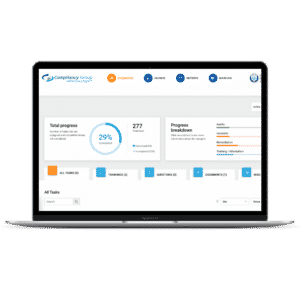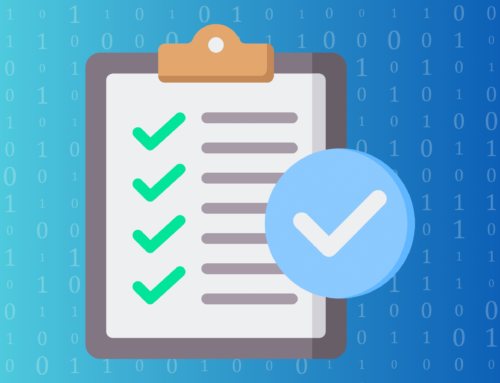A HIPAA compliance manager serves as the guardian of patient information, overseeing all aspects of adherence to federal regulations within healthcare organizations. They possess not only technical expertise but also comprehensive knowledge of the ever-evolving landscape of healthcare privacy laws. With their guidance, organizations can build a culture that values data protection and ensures patients’ trust and confidence.
What Skills Does it Take to Be A Successful HIPAA Compliance Manager?
The responsibilities of a HIPAA compliance manager are multifaceted and require a unique set of skills. Firstly, they must have an in-depth understanding of the Health Insurance Portability and Accountability Act (HIPAA) regulations. This includes knowledge of both the Privacy and Security rules, which govern patient information protection. With this expertise, they can effectively train staff on the handling and storage of sensitive data.
Furthermore, a HIPAA compliance manager plays a crucial role in developing and implementing comprehensive policies and procedures within the organization. They collaborate with key stakeholders to create guidelines that align with HIPAA requirements while considering the specific needs of their healthcare setting. These policies cover areas such as access controls, data encryption, incident response plans, and employee training programs.
Many organizations rely on specialized HIPAA compliance management software to streamline these tasks. This software serves as an invaluable tool for managing various aspects of HIPAA compliance efficiently. It allows compliance managers to track employee training completion rates, conduct risk assessments regularly, and generate reports to demonstrate ongoing adherence to HIPAA regulations.
Best HIPAA Compliance Management Software: Compliancy Group as a Game-Changing Solution
Compliancy Group offers a state-of-the-art software solution to streamline HIPAA compliance management processes. Harnessing advanced technology and industry expertise, this platform empowers HIPAA compliance managers to navigate complex regulatory requirements effectively.
Let’s delve into some key features that make Compliancy Group unique:
1. Automated Risk Assessment
Compliancy Group’s software conducts automated security risk assessments tailored to each organization’s specific needs. By identifying vulnerabilities proactively, HIPAA compliance managers can mitigate potential threats before they escalate.
2. Simplified Policy and Procedure Development
Creating comprehensive policies and procedures is a daunting task without the proper tools. Compliancy Group’s HIPAA compliance management software provides customizable templates and step-by-step guidance to develop robust policies aligned with HIPAA requirements effortlessly.
3. Employee Training and Education
Education plays a vital role in strengthening an organization’s security posture. Compliancy Group’s HIPAA compliance management software offers engaging HIPAA training modules that ensure employees understand their roles and responsibilities regarding patient privacy. This empowers staff to actively participate in safeguarding sensitive information.
4. Ongoing Support and Auditing
Compliancy Group recognizes that maintaining compliance is an ongoing process. Our platform provides continuous support, including breach and audit support. The software acts as a virtual compliance consultant, alleviating the burden on dedicated personnel.
Overall, the role of a HIPAA compliance manager has become indispensable in today’s healthcare landscape, where data breaches pose substantial risks to patients and organizations alike. With Compliancy Group’s innovative software solution, these professionals gain access to a powerful toolset designed specifically for managing compliance effectively. By leveraging this platform, healthcare organizations can navigate complex regulations confidently while ensuring patient privacy remains paramount—ushering in a secure future for all involved parties.








